How Much Energy Do Solar Panels Produce?
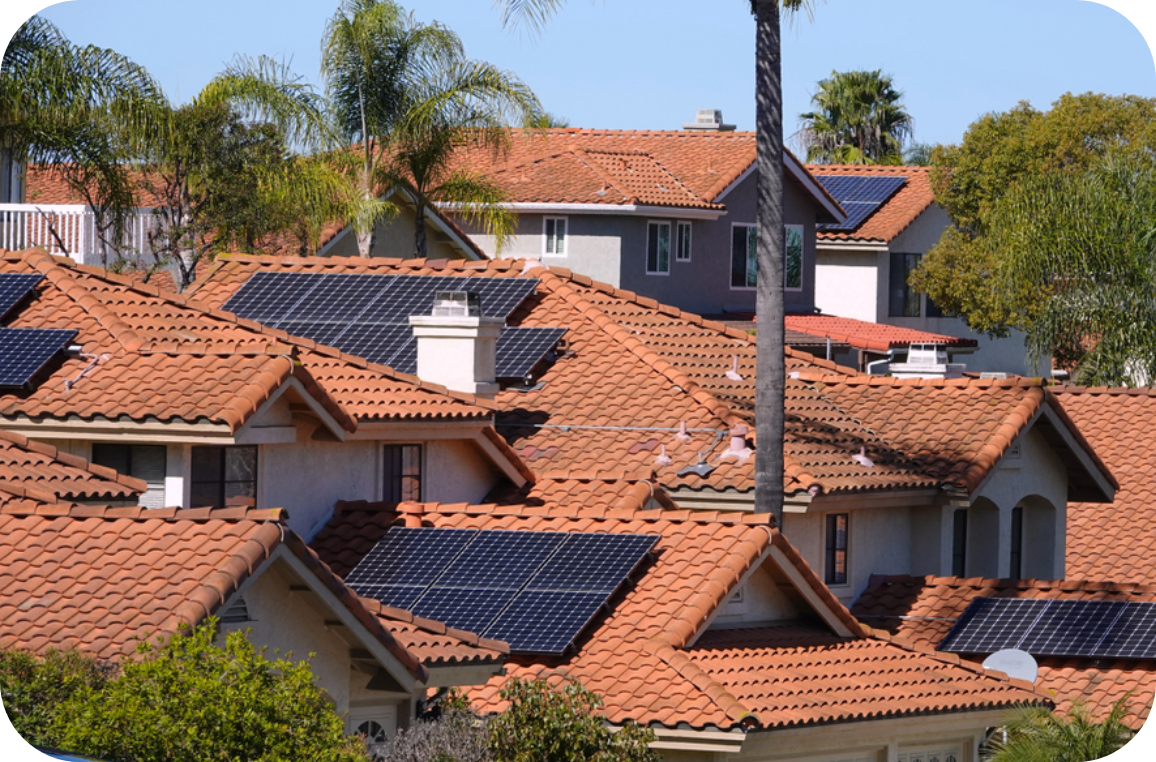
You can generate your own power and give yourself more control over your utilities by installing solar. However, the question is, will switching to solar be worth the price? Ultimately that depends on how much energy solar panels produce and if it’s enough to meet your home’s electricity needs.
It can be tricky to calculate how much energy a solar panel produces — that’s why we created this guide with key terms, equations, and other useful information to help you decide if the switch is worth it.
How Do I Calculate How Much Power a Solar Panel Produces?
All photovoltaic (PV) solar systems work the same way to produce power. However, since the configuration of every solar system is different, it’s hard to know exactly how much energy a solar panel will produce. However, you can estimate the output of your system based on a few benchmarks.
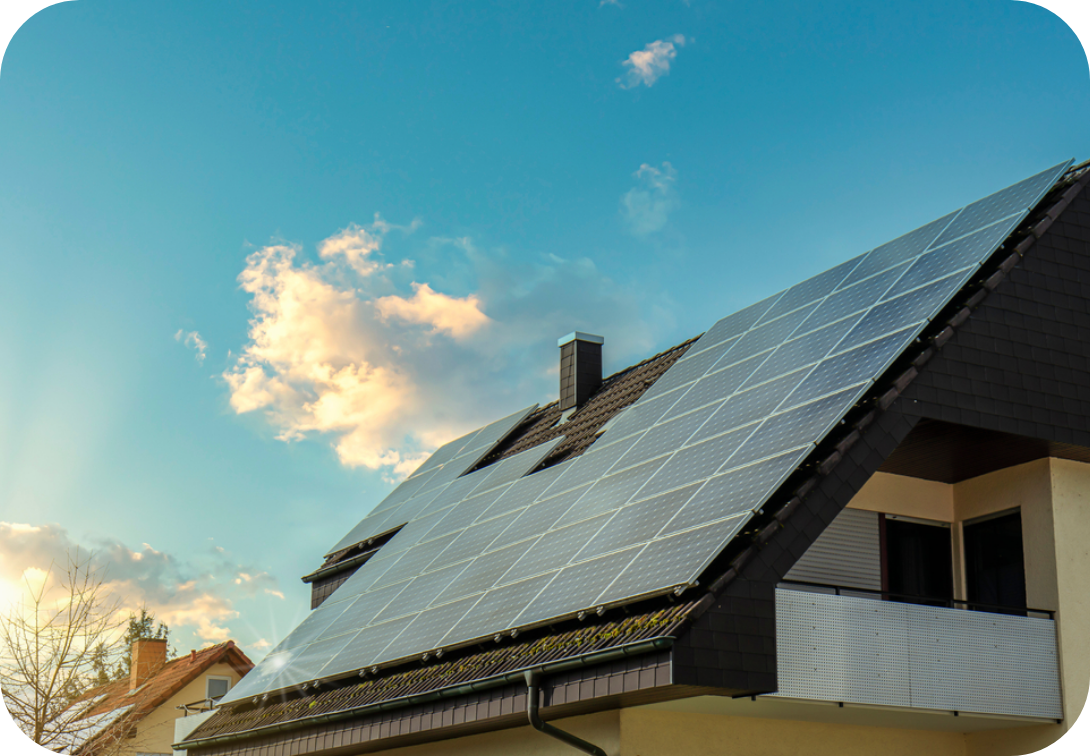
Solar Panel Output per Day
Use this formula to determine how much energy your panels can produce every day (measured in kWh):
The size of a solar panel (measure in square meters) x 1,000
That number x efficiency of a solar panel (note percentage as a decimal)
That number x number of sun hours you get every day
Divide by 1,000
*The number of sun hours will vary during the year, with an estimated 4.5 hours per day for July. Sun hours will be much lower in the winter months.
Solar Panel Output per Month
For your monthly total, determine your daily number and multiply it by 30.
Solar Output per Square Meter
The average residential solar panel system is 4 kW for a system of 16 panels, all of which are:
Use this formula to calculate solar output per square meter.
Number of panels x Solar system capacity
Capacity ÷ total size of the solar system (size of a panel x number of panels)
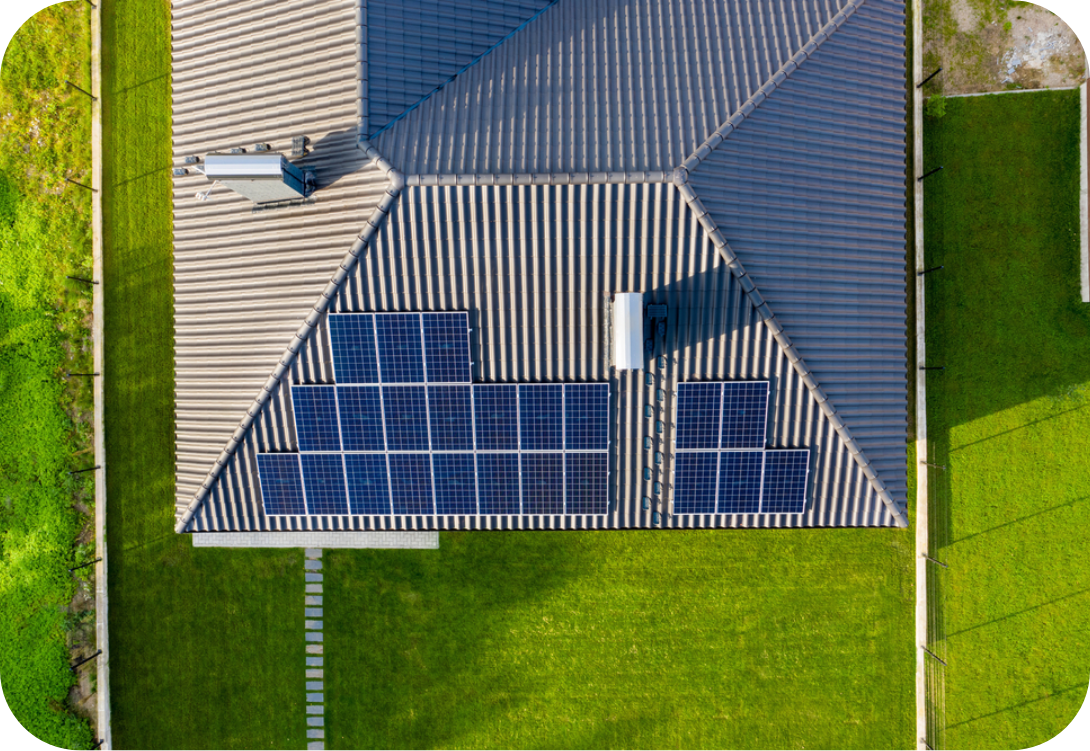
What Should I Do if My Home Produces More Electricity Than I Can Use?
An excess of solar panel energy can happen if you modify your electricity use, have too many panels, or during warmer months with more direct sunlight. If this happens, your utility company might offer a credit if your excess electricity can be put on the local grid. This process is known as net metering.
Solar Energy Effectiveness
Several factors can determine how much energy solar panels produce. Here are the most common factors.
Output
Output refers to the maximum amount of energy a solar panel can produce during peak sun hours. Most residential solar systems have an output of between 1kW and 4kW. Output is also known as “rated capacity” and is taken to be 1kW of sun for every square meter of panel.
Efficiency
Efficiency is the amount of sunlight your solar panels can turn into power. Solar panel conditions won’t be perfect, so they’re never 100% efficient. Most domestic panels have about 20% efficiency. You can purchase panels with higher efficiency, but they’re often significantly more expensive.
System materials
A panel’s materials can also influence its efficiency. Monocrystalline panels are the most efficient in terms of space and output because they’re made with high-grade silicon. Polycrystalline panels cost less but aren’t as efficient.
Roof
Your roof’s direction, angle, shade, and location will all affect your solar system’s efficiency.
Can I Store Energy Produced by My Solar Panels?
You can add additional value to your panels by storing the energy they produce in a battery storage system system. With battery storage, solar panels can retain more electricity for your use. Any excess electricity your panels generate can be stored in your battery until you need it.
Battery backup is especially useful during power outages. Instead of rushing around to find a flashlight, you can power the essential things in your home to keep your family safe and calm during outages.
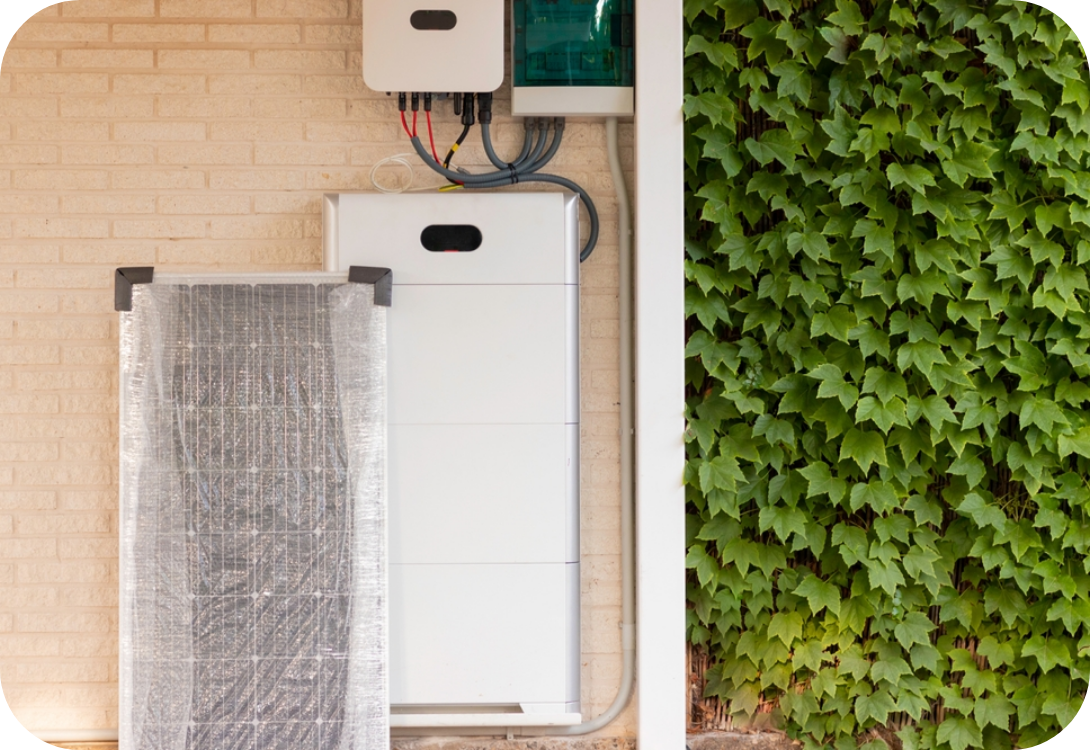
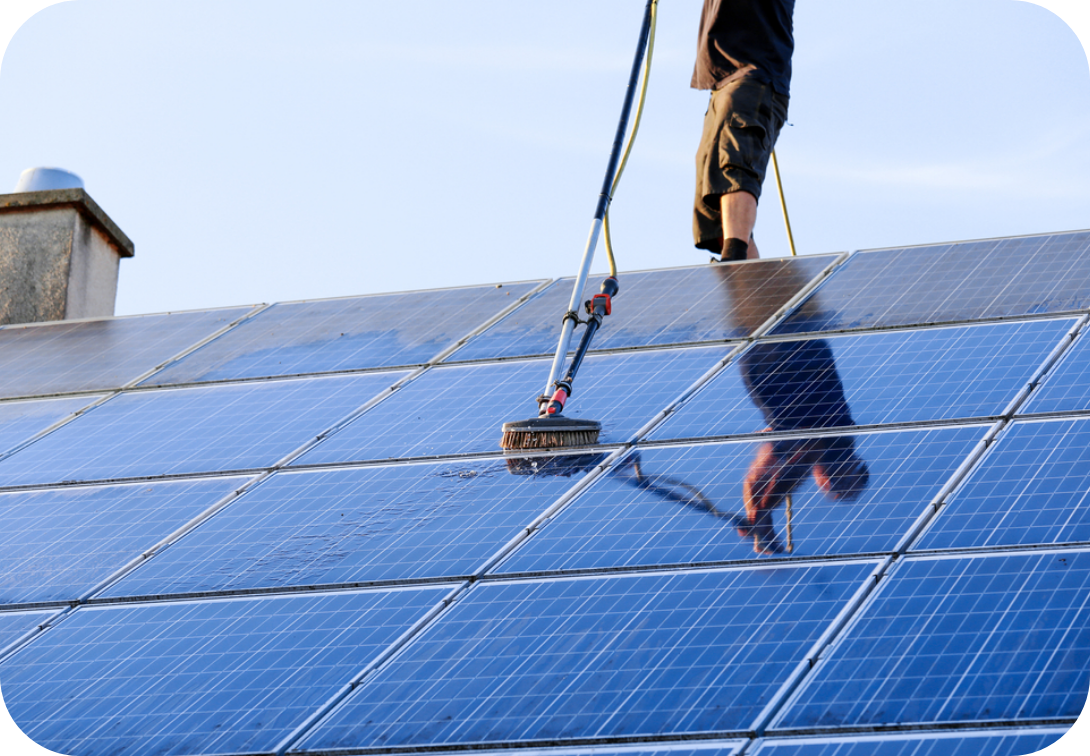
How Do I Know if My Solar Panels Are Working Correctly?
Solar providers typically provide monitoring services so you can check on your production online or through a mobile app. If your panels or inverters aren’t performing well, call your solar advisor. Tampering with your system yourself can be dangerous and cause damage that invalidates warranties.
How Many Solar Panels Do I Need?
Calculating how many panels you should have depends on how much energy you want and how big your roof is. Most residential systems start at a size of 4 kW and can get as big as 20 kW for those that use a lot of power. Because larger capacity systems produce more power, you should get the largest system that will fit your roof. However, if your roof has any chimneys, windows, or other obstructions, you’ll have to use a smaller panel system.
Before installing your panels, ensure your roof can handle the weight of your system. Weight will vary depending on the brand of solar panels used. Most roofs can accommodate solar systems. But during your initial inspection, your installer should examine the roof to determine if additional work is needed to strengthen it.
Why You Should Clean and Maintain Your Solar Panels
Roofs can accumulate dust, mud, tree sap, and grime that can block sunlight from fully getting to the panels — making them less efficient. While cleaning is necessary, there’s some debate on how often you should clean your solar panels. Some say yearly cleaning is needed, while others suggest only cleaning if you live in a dusty area or if your roof is exposed to trees.
While cleaning your solar panels yourself is cheaper, there are certain risks, like injury or damage to your system. Before cleaning your panels, check with the manufacturer to make sure it’s safe to do so. It may be best to contact a professional with experience who knows how to safely clean solar panels without damaging the system.
Key Terms to Know
Interpreting the equations above, information can get confusing quickly, especially when terms like “kilowatt-hour” or “alternating current power” are thrown in. Here are a few key terms to understand that will make it easier to calculate how much energy a solar panel produces.
Kilowatt (kW)
The power generated by solar panels can be measured in watts or kilowatts. A kilowatt is an electrical power measurement equal to 1,000 watts.
Kilowatt-hour (kWh)
Kilowatt-hours are the measurement of electricity that equals the use of 1,000 watts for an hour. An individual’s energy consumption is measured in kilowatt-hours.
Alternating Current (AC) or Direct Current (DC) electricity
DC power is the energy that solar panels generate. Most appliances in your home, however, use AC power. The DC power generated by solar panels is converted into AC power for the electricity your appliances can use.
How Solar Panels Produce Power
Solar panels convert photovoltaic light from the sun into electricity that can run everything in your home.
Ready to Make the Switch?
If you’ve calculated how much energy solar panels produce and decided it’s time to switch to solar, our experts are ready to help! Use our free quote tool to discover how much a solar system will cost for your home. Then, our team will walk you through the entire process of creating and installing a solar design that perfectly fits your home’s needs. Get started today, and let Axia help you electrify your life!
